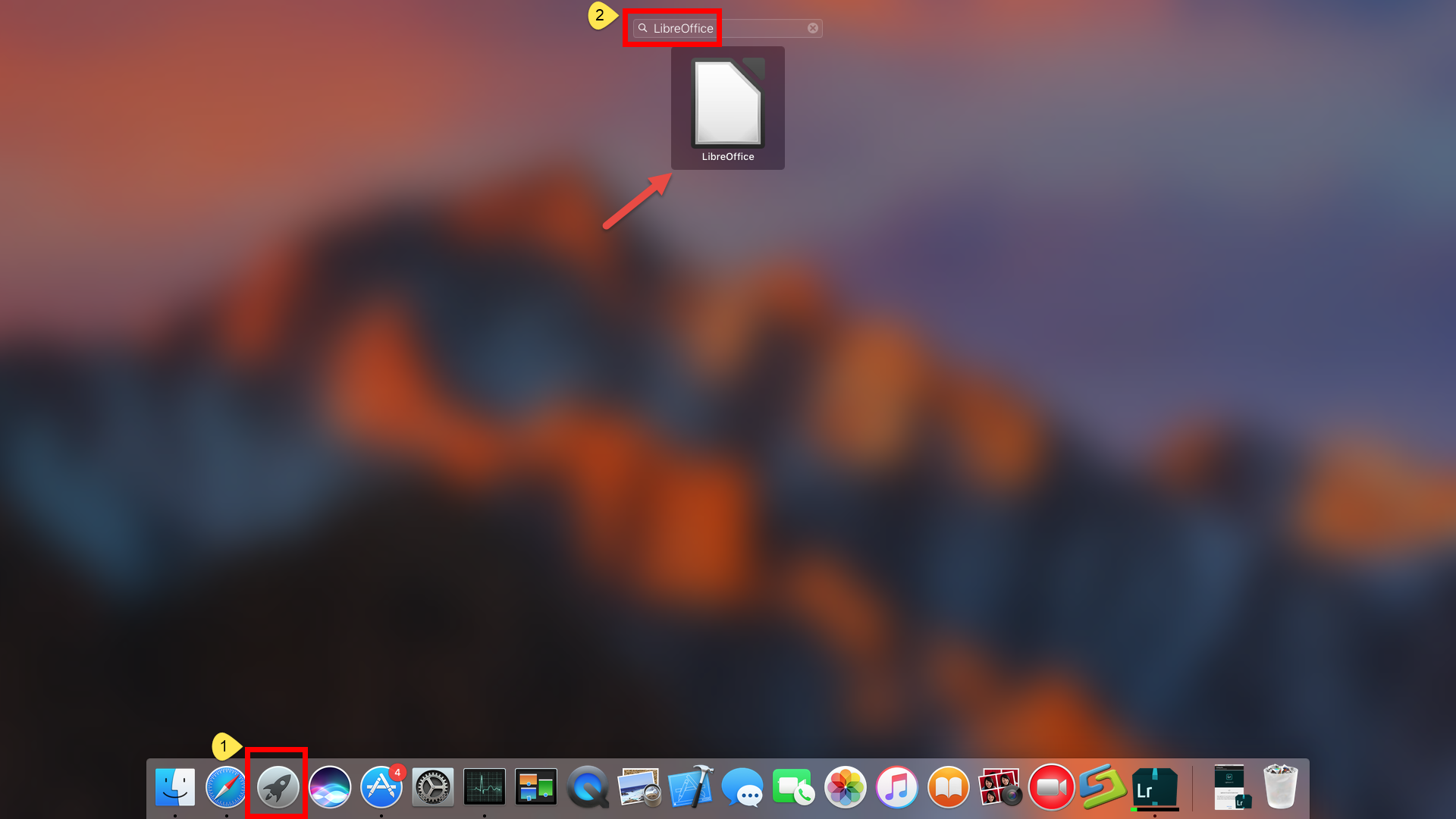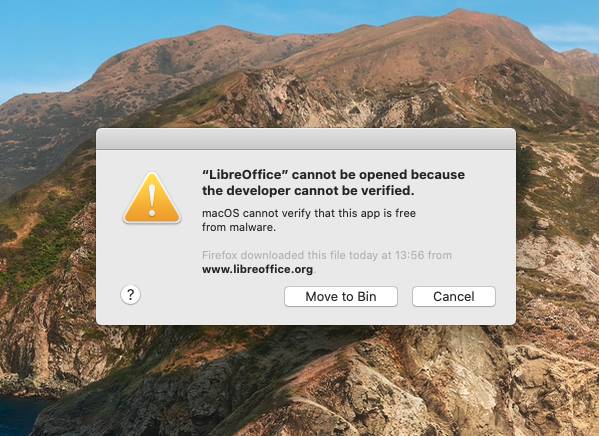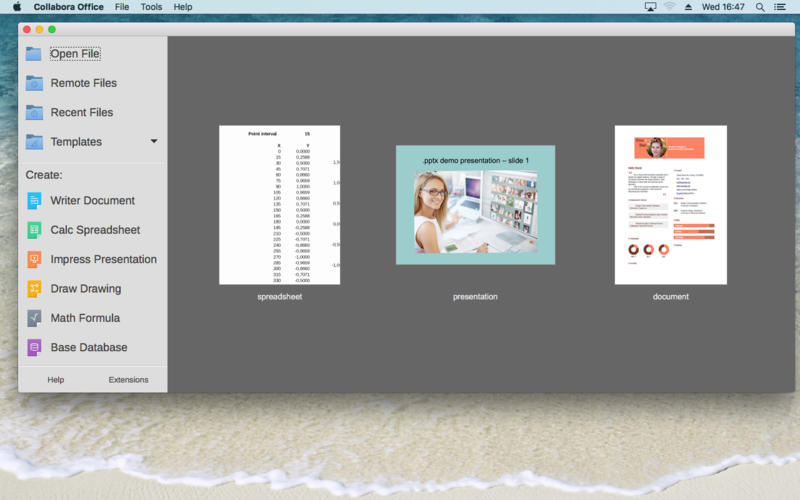LibreOffice / ˈ l iː b r ə / is a free and open-source office productivity software suite, a project of The Document Foundation (TDF). It was forked in 2010 from OpenOffice.org, which was an open-sourced version of the earlier StarOffice. LibreOffice Vanilla: A reasonably recent version sold in the Mac App Store As all Mac App Store apps, runs sandboxed, thus can’t access things it shouldn’t, etc Generates a (smallish) revenue stream that enables some paid work on Mac-specific bug fixing Part of proceeds donated to TDF. There is a Google Drive app you can download onto Mac so you can work offline. The changes will be made when your Mac is back online. Google Docs doesn't look at all like Microsoft Office, and has a very different user interface, but it does have many of the same, familiar features you know from Office.
About the App

- App name: LibreOffice
- App description: libreoffice (App: LibreOffice.app)
- App website: https://www.libreoffice.org/
Install the App
- Press
Command+Spaceand type Terminal and press enter/return key. - Run in Terminal app:
ruby -e '$(curl -fsSL https://raw.githubusercontent.com/Homebrew/install/master/install)' < /dev/null 2> /dev/null ; brew install caskroom/cask/brew-cask 2> /dev/null
and press enter/return key.
If the screen prompts you to enter a password, please enter your Mac's user password to continue. When you type the password, it won't be displayed on screen, but the system would accept it. So just type your password and press ENTER/RETURN key. Then wait for the command to finish. - Run:
brew cask install libreoffice
Libreoffice Mac App Store

Done! You can now use LibreOffice.
Similar Software for Mac
App Stores and Chromebooks
You can download LibreOffice for free directly from our website, for Windows, macOS and Linux, and install it yourself. However, if you'd like to get it through the Microsoft Store or Mac App Store, you can do so by sourcing it from our partners:

These versions are free software (as in open source) but there's a small charge to cover the effort of putting software in the app stores. This helps LibreOffice in two ways: our partners donate a percentage of every purchase to The Document Foundation (the non-profit entity behind LibreOffice), and the work they do makes the software better.
Libreoffice Vanilla

Chromebooks
You can get a LibreOffice-based app for Chromebooks from our certified developers and ecosystem members:
